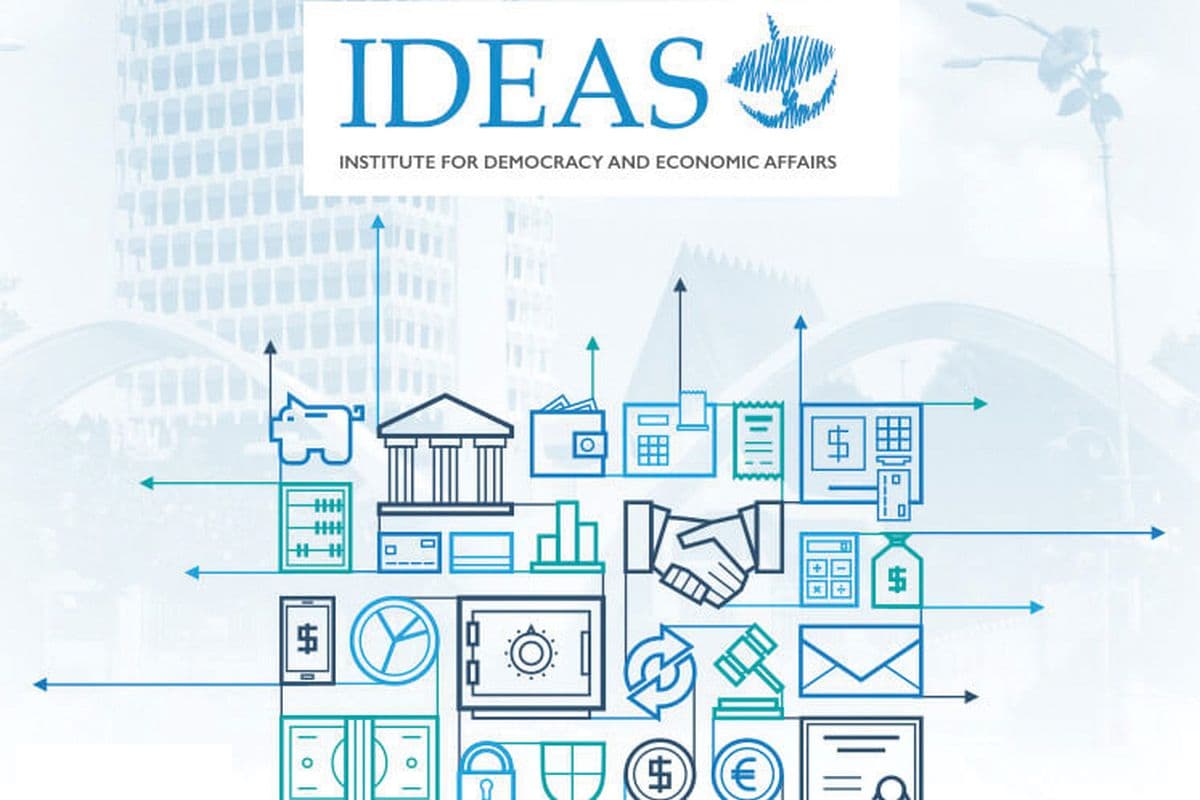
KUALA LUMPUR (April 23): The Institute for Democracy and Economic Affairs (IDEAS) has called for more transparency with regards to the Government’s decision to pass an emergency ordinance allowing it to tap into the RM17.4 billion National Trust Fund (KWAN) for vaccine expenses.
In a statement, the think-tank noted that a sum of RM5 billion has already been allocated for vaccine-related expenditure through the RM3 billion earmarked under Budget 2021 and under the additional RM2 billion announced in March.
IDEAS chief executive Tricia Yeoh said that when KWAN was set up in 1988, it was envisioned as a tool for the Government to save a portion of its petroleum-based revenue for posterity.
"According to the Kumpulan Wang Amanah Negara (KWAN) Act of 1988 as well as our own research, withdrawals from the fund were to be only used for developmental purposes or as loans to the Federal and State governments.
"This ordinance is a departure from the norm and sets a precedence for future dipping into the fund,” she added.
Pointing out that KWAN is the only oil-related fund in Malaysia, Yeo said the fund's governance is crucial considering that it is heavily dependent on oil and gas revenue.
"A total of RM17.4 billion has been accumulated after 33 years of the trust fund’s existence, and these savings should be considered a precious resource for the future generations of Malaysia only to be used in extraordinary emergency circumstances.
"There has only been one withdrawal from KWAN since 1988, indicating that there has never been a need to
rely on these savings until now. The Government can in fact afford to finance any additional expenditure through further borrowings,” she added.
In order to ensure transparency and accountability, Yeo said the Government must disclose the amount it intends to withdraw from KWAN.
“The Government must provide more details about how money from the fund is going to be utilized, since the stimulus package had already allocated RM2 billion for the procurement of the vaccines, which leaves a further RM3 billion buffer for presumably other vaccination-related expenses including distribution, communication and marketing to boost vaccination sign-ups. Clarification is needed on why more than RM5 billion is required for the vaccination exercise,” she said.
Yeoh said that in the long term, the Government must look into implementing more specific withdrawal rules for KWAN, such as setting agreed-upon percentage of the fund that can be withdrawn in the future to ensure budget stability.
“I also look forward to seeing how the Fiscal Responsibility Act that we understand is being drafted will set up rules to ensure fiscal responsibility, including oversight of any national expenditures such as from KWAN or the consolidated budget. Ultimately parliamentary oversight is the most crucial and we stress again the importance of reconvening Parliament in the immediate future.
"In the context of the future sustainability of Malaysia’s oil and gas revenues, given the country’s depleting reserves and the changing global energy environment, KWAN should not be seen as an indefinite source of funds for future government expenditure. This makes ensuring openness in relation to the governance of the RM17.4 billion currently held within the fund key for the future fiscal health of the country,” she added.